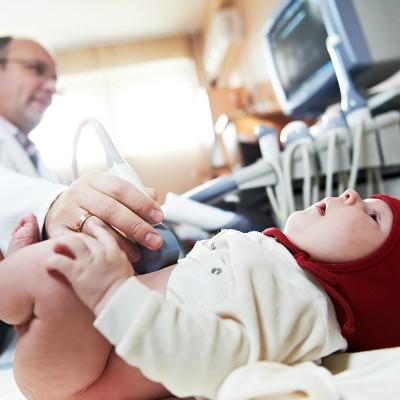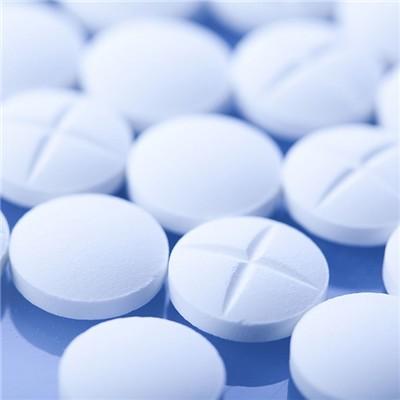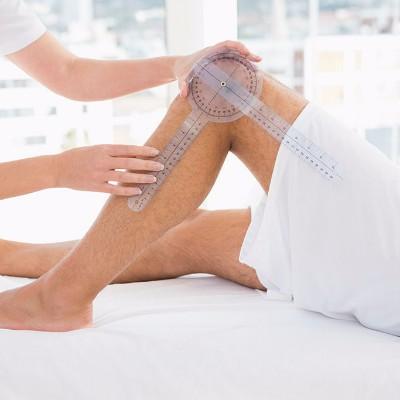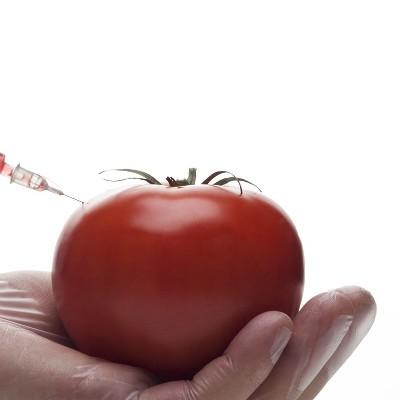What do Parkinson's patients eat to help their body
summary
What does Parkinson's patient eat to have help to the body? What should we pay attention to in diet? When we care for Parkinson's patients, should we pay attention to what? What should we eat to better recover? The following will answer for you.
What do Parkinson's patients eat to help their body
1. The food is diverse and pleasant. A day's diet should be a variety of food, including cereals, vegetables, fruits, milk or beans, meat and so on. Diversified food can meet the needs of the body for various nutrients, and also make the diet itself full of fun. Eat happily in a relaxed environment and atmosphere, and let diet be a kind of life enjoyment.
2. Eat more cereal, vegetables and fruits. They usually eat 300-500 grams of cereals every day, such as rice, noodles, Cereals, etc. From cereals, we can get carbohydrate, protein, dietary fiber, vitamin B and other nutrients, as well as the energy needed by the body. Carbohydrates usually do not affect the efficacy of levodopa.
3. Often eat milk and beans in moderation. Milk is rich in calcium. Calcium is an important element in the constitution of bones. Therefore, for the elderly patients with Parkinson's disease who are prone to osteoporosis and fracture, drinking a cup of milk or yogurt every day is an excellent way to supplement the body calcium. However, due to the protein composition in milk may have a certain effect on the efficacy of levodopa drugs, in order to avoid affecting the medication effect during the day, it is recommended to drink milk before going to bed at night. In addition, eating bean products such as tofu and dried tofu can also supplement calcium.
matters needing attention
Due to lack of drinking water and medication, some patients will have symptoms of dry mouth, thirst and dry eyes. You can try to drink half a cup more water every day than the previous day, and gradually increase the amount of drinking water to 6-8 cups every day.











